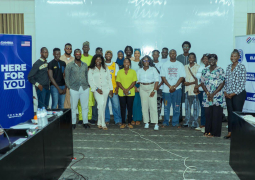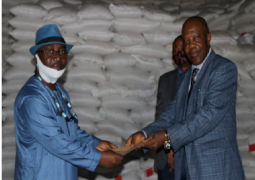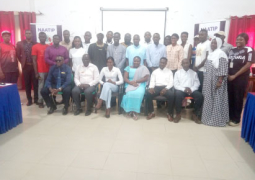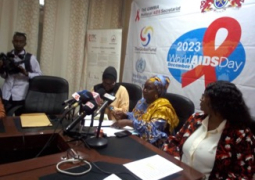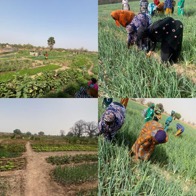
During a site visit to Genji Wolof vegetable garden in CRR North, Chareh Sowe explained that FAO has made their work easier by fencing their garden, provided them training packages, storage facilities, adequate water and other agricultural-related assistance.
She narrated that, “Animals used to disturb us in our gardens and even ate most of our vegetables but with the intervention of FAO, everything is now fine.”
She further explained that FAO also provided them road access from the gardens to the highway, pointing out that they are now faced with market challenges to sell the vegetables.
According to the Genji Wolof Vegetables Garden records, out of 167 gardeners, only 10 were males which shows how women are engaged in gardening, said Samba Bah, a facilitator.
In Upper River Region, Ndey Damba, a gardener at Kuwonkuba Vegetable Garden expressed delight with FAO’s intervention in their gardens as well as making their livelihood easier. She said that the project's intervention taught them how to make manure and garden beds, and also conducted various trainings for them.
She stated that they used to mixed different varieties of vegetables in one bed, adding that whenever one variety had pesticides it affected the other. However, she said FAO came through and taught them best practices on how to avoid such.
It was also disclosed during the visit to the project sites that the Food and Agriculture Organization (FAO) has also erected kilometres of roads in remote parts of the regions to ease their movement.
The various projects such as the Forest Farm Facilities which supports tree nurseries and Fish for Africa Caribbean and Pacific (ACP) are under the implementation of the FAO and funded by the European Union, in partnership with BMZ- Bund and Press ACP.
Read Other Articles In National News
